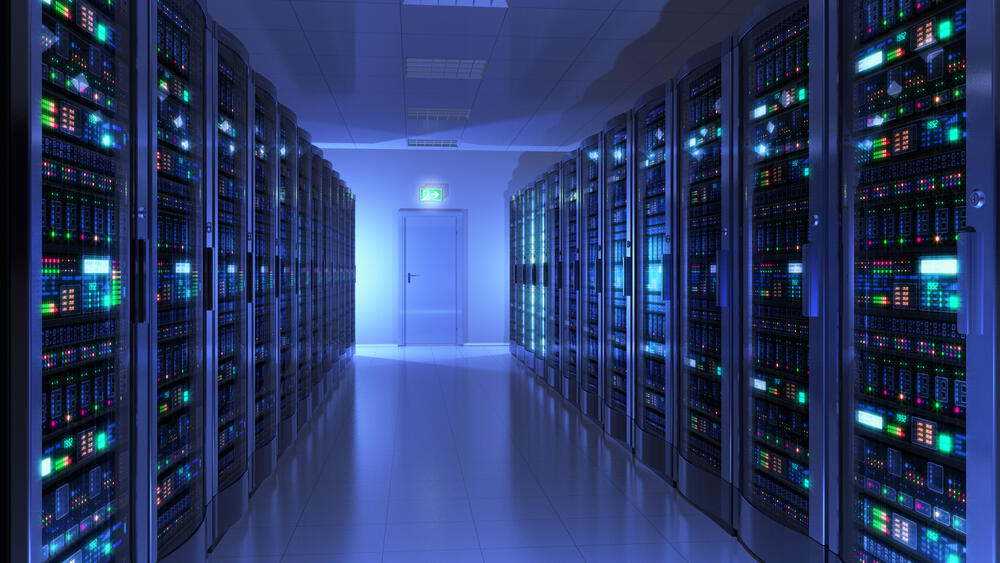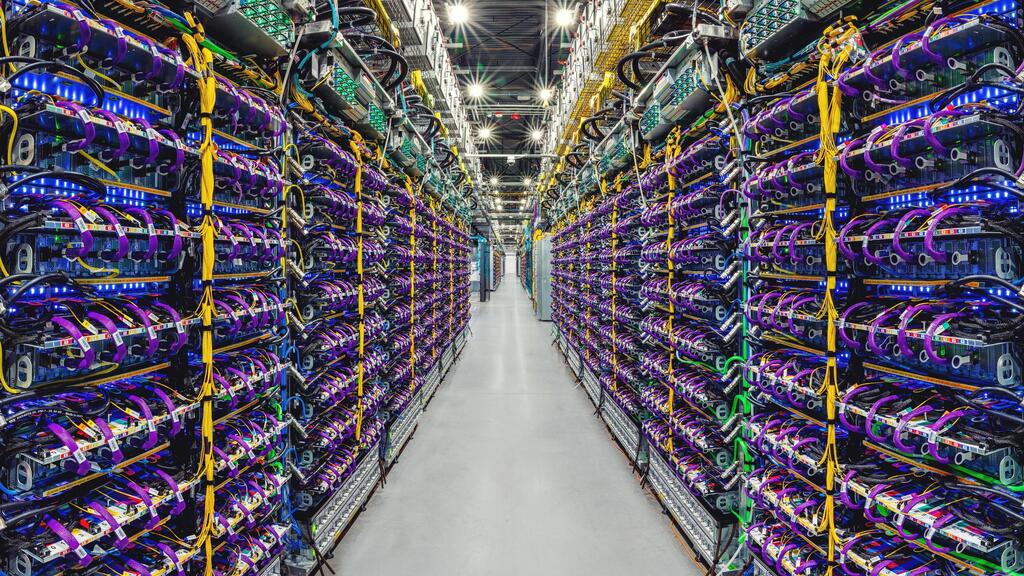Imagine waking up one day to find your smartphone unusable, your bank account frozen, and your city's traffic lights stuck. This isn't some distant, sci-fi scenario – it's a potential reality if Israel's data centers were to fail.
In recent times, despite the constant shadow of conflict, our data center industry has been quietly expanding. But why should the typical Israeli care about these enigmatic, high-tech fortresses?
Think of this: A missile soaring across the sky, targeting not a military base but a modest building near Tel Aviv. Inside, the digital lifelines of millions – from health records to defense communications – are housed. This is the new battleground of modern warfare, where the protection of data is as vital as physical defenses.
Data centers, or "server farms" as we call them in Hebrew, are the unsung heroes of our digital age. As the CEO of Techtonic, I've seen how these digital fortresses have become the backbone of our nation's security and economic growth. They're no longer just storage for social media or videos, but guardians of our most critical information. In our region, where geopolitical tensions never cease, the strength of our digital infrastructure is not just important – it's essential.
The importance of data centers goes far beyond national security, significantly impacting Israel's booming tech sector. In 2021, Israeli tech firms raised a record 25.6 billion dollars, according to Start-Up Nation Central. However, this growth highlights a paradox in our digital infrastructure.
Despite our "Start-up Nation" status, much of the computing power behind these innovations comes from major cloud providers like AWS, Azure, and GCP, which have limited physical presence here. Often, their services are delivered from European data centers, creating a gap between our tech ambitions and our digital sovereignty.
This dependence on foreign data centers highlights the urgent need for strong, local data infrastructure. Data sovereignty – ensuring data is governed by the laws of the country where it's stored – is not just a regulatory issue; it's about national security and economic independence. By keeping our data within our borders in secure, advanced facilities, we retain control over our digital assets, protect sensitive information from foreign meddling, and comply with local data protection laws.
This is especially crucial for government data, defense information, and sensitive business intelligence. Additionally, local, advanced data centers can provide the high-performance computing needed for technologies like AI and real-time analytics, giving Israeli companies an edge while keeping our data within our own jurisdiction.
While recognizing potential risks is important, it's equally vital to note the positive developments in our industry. Israel is leading in developing advanced data center technologies, creating smart, adaptive systems that can withstand both physical and cyber threats. We're seeing more diversification of data center locations, implementation of cutting-edge cybersecurity measures, and a focus on sustainable designs.
At Techtonic, we're part of this progress by building a state-of-the-art data center. Covering 15,000 square meters, this facility represents a significant investment in Israel's digital future. What makes it unique is its pursuit of Tier IV certification, a status held by very few centers in Israel.
This certification ensures the highest levels of reliability and redundancy, guaranteeing that critical services stay operational even in tough situations. Additionally, given Israel's unique threats, we're going beyond standard certifications by fortifying our facility against direct missile impacts – a vital step to ensure availability under any threat.
The importance of robust data centers was clearly shown during our current state of war, when Israel's Iron Dome system processed real-time data to intercept incoming rockets. Now, with the growing sophistication of cyber warfare, the stakes are even higher.
The fallout from a major data center failure could be disastrous, crippling banking systems, disrupting emergency services, and compromising national security. The 2021 cyberattack on Israel's water system and the fire at OVHcloud's data center in Strasbourg, France – which disabled millions of websites across Europe, including government portals, banks, and news services – remind us of the vulnerability of critical infrastructure.
As Israel continues to lead in fields like AI and cybersecurity, robust data centers are becoming more crucial. They're not just protecting our present; they're securing our future.
In a world where data is the new currency, Israel's advanced data centers are our digital Fort Knox. They're the silent guardians of our digital future, ensuring that in times of peace or crisis, Israel's technological heart remains strong. By continuing to invest in and develop our data infrastructure, we're not just preparing for potential challenges – we're laying the groundwork for Israel's ongoing success as a leader in the global digital economy.
- Gad Bennet is the founder and CEO of Techtonic, an Israeli data center company.






